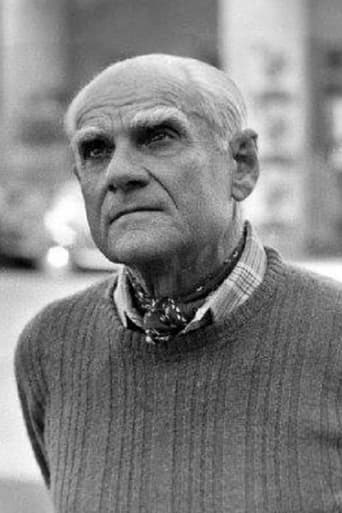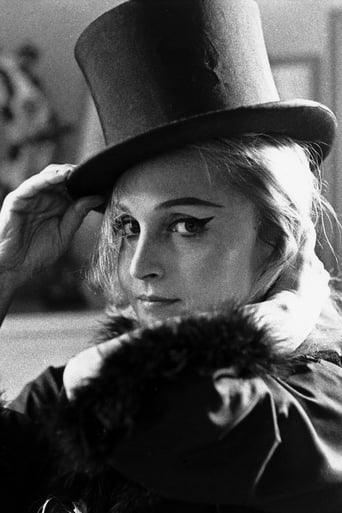Scanialara
You won't be disappointed!
Lucybespro
It is a performances centric movie
Numerootno
A story that's too fascinating to pass by...
Michael_Elliott
Whoever Says the Truth Shall Die (1981) ** 1/2 (out of 4) Strange documentary from the Netherlands, which talks of the life, poetry and films of the controversial Pier Paolo Pasolini who was brutally murdered in 1975. The official cause of death is that the director took a 17-year-old boy for a walk, made sexual advances towards him and then the boy killed him. The conspiracy theory on display here is that the government and Christians had something to do with the murder due to the director's Salo and some poems he wrote towards the end of his life. For the most part this documentary is a complete bore that really doesn't come to life until the final ten minutes when the murder is looked at. The best piece of evidence given are the photos of Pasolini's body, which was beaten to a pulp and then driven over by a car. This is the evidence, which claims the boy didn't do the killings even though those being interviewed admit that Pasolini was the sexually aggressive type. The documentary never talks to anyone on the opposite side so we never really get any clear answers to what really happened. The stuff discussing his poems and films isn't very well done and doesn't really shine a light on anything because all the film really does is remind us that he was a homosexual every ten minutes.
MatthewPaul85
Pier Paolo Pasolini was perhaps the most controversial filmmaker in Italy's history. Like Hearst did with the printed word, Pasolini took the art film to the slums - the average working class. Aside from famously adapting great classical works (CHAUCER, BOCCACCIO, SADE, etc.) he also penned scripts for his peers Bernardo Bertolucci and Federico Fellini. The documentary does a fine job addressing Pasolini's literary prowess, simply reading excerpts from his brilliant poetry (stark and reflective, perfect companion to his cinematic works). A fine profile on this genius. Nice touch is that it is partially in English, rather than being completely subtitled like any other movie about Pasolini.
Chris Barry
I think Pier Paolo Pasolini is one of the most important directors in the history of cinema ever. He's probably my favourite filmmaker of all time and the austere power of his films like Teorama or Porcile makes him the equal of Welles, Godard and Herzog, all of whom he influenced. His camera invoked the ultimate essence of 'being there' and his subjects almost become more real in front of it. There was something so physical, so obsessive in his approach, it seemed Pasolini could never escape reality, even when he tried to subvert it with myth and allegory. I saw this documentary film several years ago on VHS and although I greedily devoured it, I couldn't help but think that, besides being a master filmmaker, Pasolini may also be one of the most enigmatic people ever. Like Andy Warhol, no one talks about Pasolini's personality the same way. Everyone seems to have a different take on the purpose and goals of his life and art depending on whether they viewed him as an academic, an artist, politician, or homosexual, of which he was all these things and more. Because of this, it's virtually impossible to make a composite of who Pasolini really was. I wish this film had more footage of interviews with Pasolini himself.Bertolluci's interview is probably the most enlightening and interesting, but you can tell he can't even begin to unpack his feelings about Pasolini. The awe and admiration Bertolluci had for his master is obvious and touching. No one interested in Pasolini should pass up this otherwise strong documentary, but it's not the final doc on Pasolini's life by a long shot.It would be hard to imagine what Pasolini would have thought about the state of world-film-making today, or what kind of films he would have made had he lived. ' I killed my father, I ate human flesh, and I quiver with joy!' - Porcile


